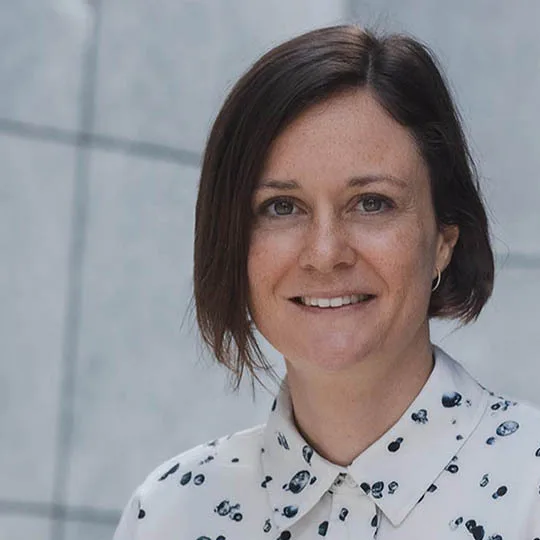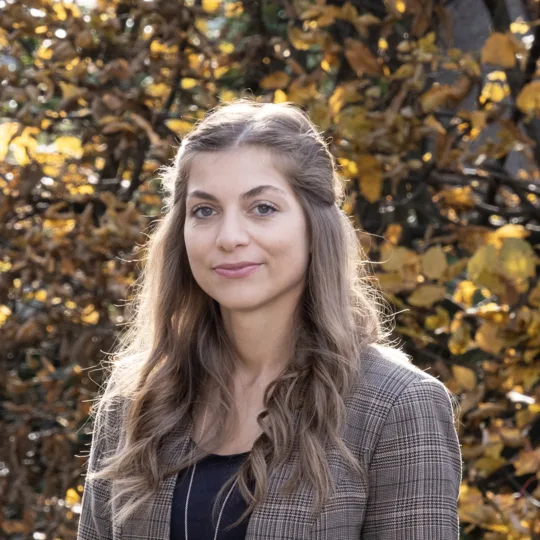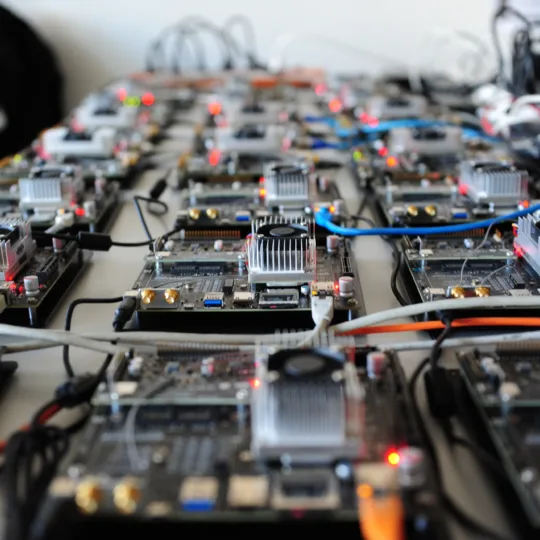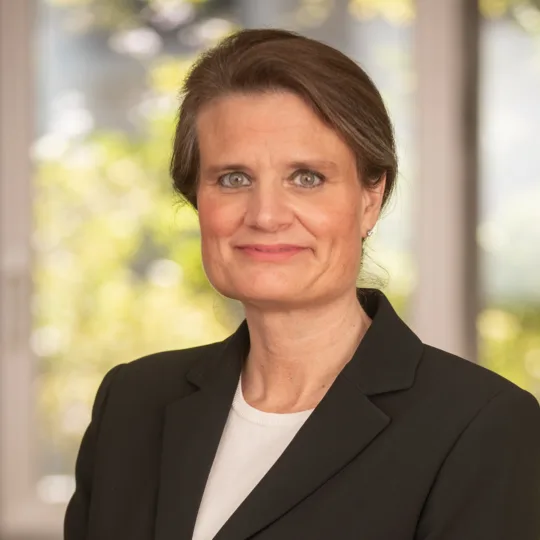Working at SERI: Patrice Soom
Gain insight into the work of SERI: Patrice Soom is a Scientific Advisor in the International Research Organisations Unit.
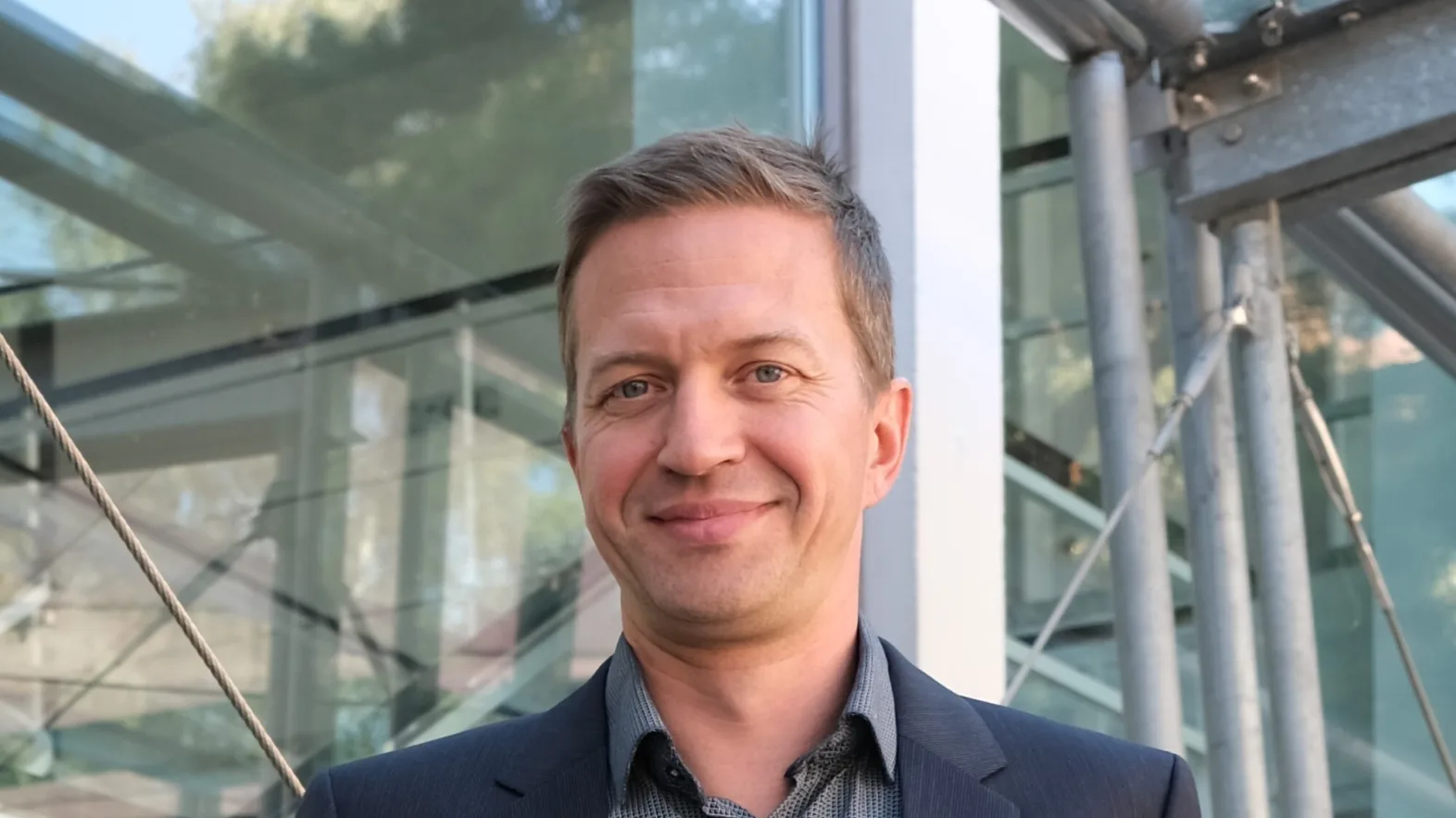
What do you do exactly?
At SERI, I represent the interests of the Swiss Confederation on the steering committees of various international organisations and multilateral research programmes. I prepare the corresponding decision-making and funding processes at national level. I am also currently the Chairman of the Administrative and Finance Committee of the European Synchrotron Radiation Facility (ESRF) in Grenoble, France.
These organisations and programmes open up unique collaboration opportunities for Swiss research and industry stakeholders. They also provide access to world-class research facilities that no single country could plan, build or finance on its own.
What do you like about your work in particular?
The institutional framework for multilateral cooperation in research and innovation is an exciting mix of science, technology, national and international policymaking, diplomacy and negotiations. In particular, the construction and operation of international research infrastructures requires convergence of the research priorities of several different countries. Once the long and complex multilateral negotiations are completed, the common vision enables the creation of institutional structures that will last for several decades. These procedures require numerous meetings and create all sorts of challenges. Due to its institutional culture, Switzerland is highly regarded and is able to exert a certain influence.
What challenges do you expect in the near future?
The international crisis triggered by Russia's war of aggression in Ukraine, combined with the difficult economic situation, poses many challenges for the ESRF's Administrative and Finance Committee - where the Russian Federation is also represented as a full member. In addition, negotiations for renewal of Swiss participation in the Institut Laue-Langevin (ILL) in 2024 had to be prepared in the autumn. And finally, due to Switzerland's non-association with Horizon Europe, the Euratom research and education programme and ITER, transitional arrangements had to be implemented quickly in order to support Swiss nuclear fusion research and ensure that it remains internationally integrated.
Contact
Author
